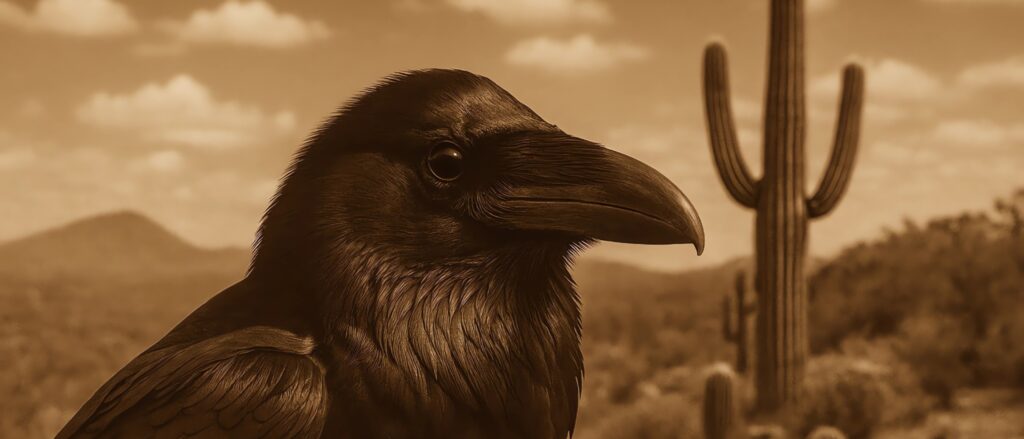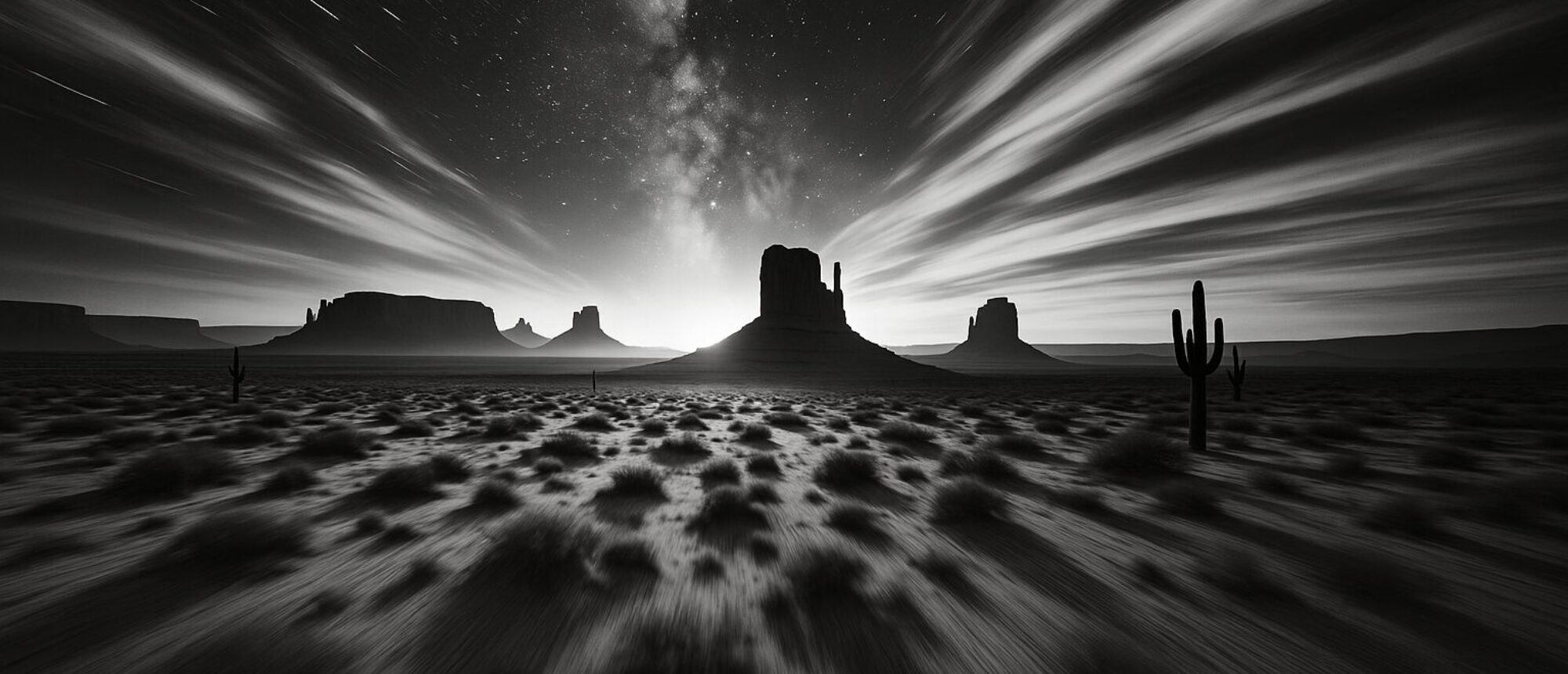OR How We Wrote a Slow Jam for Desert Ghosts

Though there were and are lots of interesting threads to pull from our early jam sessions, “arizuma” was the first song that came out of us stopping the world and pressing our heads together. Like kids telling secrets.
The three of us have been friends for a while, but rarely played together. We were each doing our own things with our bands and studios and session work and all that. But when COVID hit, things got different fast. Away from his home in Arizona, Eli crashed at Moss’ cabin—a two-room rental on a chicken farm just outside of Chapel Hill—with no tours, no obligations, and no easy way to return home. I was also stranded and bored up in DC, so I drove down to join them.
It was the first time we were able to step away from everything, hang out, and share ideas. We talked about poets and poetry, Ennio Morricone, and our romanticism for the desert. We rambled on about hurdy-gurdies, transistor radios, and whether the theremin was, in fact, the official instrument of the afterlife. Moss had a small collection of instruments, so we started picking up and sitting behind things we weren’t familiar with, making noise until it didn’t sound like noise anymore.
This is when, where, and how “arizuma” was born.
As was Foulk Davis.
I think it started with Moss trying to figure out a Celtic riff on the banjo, but completely getting it wrong. (He recalls it differently.) I had been playing Percy Faith records all day, so I started this swishy, brushy slow dance groove as scaffolding for his tumbling banjo riff. Eli had become obsessed with a mellotron that The Flaming Lips left behind when they once crashed there (Moss swears they said he could keep it), so he started layering in taped flutes and strings.
Moss chasing that tumbleweed melody in his head reminded us of this rare book he’s forever after — Arizuma. The song had that wandering‑west feeling, like a caravan crossing the desert toward a rumor they half‑believed in. Listening back to early recordings, we joked about how it would fall squarely into lost, gray areas in between genres, because the only ones we could apply were ones made up and pinned to the wall. Rustic lofi. Desert drawl. Folklassical. Alt-burro.
But we didn’t care. It felt good to play. It felt good to make. It was a thing that we birthed together—and we believed in it. We still do.
Like Moss once said, folks will catch on someday…or maybe they won’t. But the ones who do—that’s who we captured it for.
—Bly
P.S. Once during those sessions, we wandered into Chapel Hill and around its COVID-empty streets. There, we found a typewriter in a soggy cardboard box in front of a shuttered bookstore on Franklin Street. An unloved Smith-Corona with her keys mostly intact. Moss carried her all the way back to the cabin like she’d called him by name.
We named her “Sharona.”
But that’s another story altogether.
© 2025 Foulk Davis
